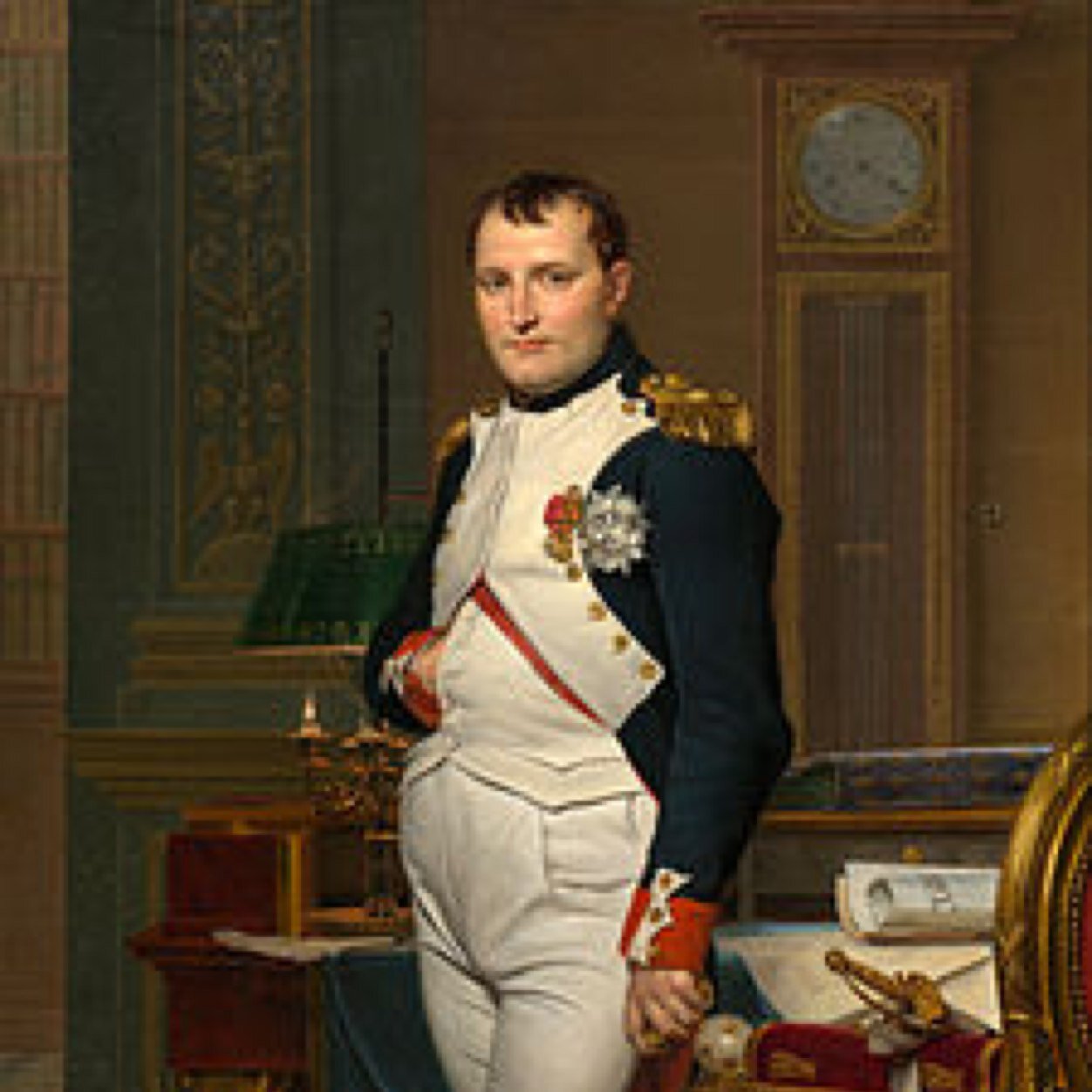Colour is a means of exerting direct influence on the soul. - Kandinsky
Battle of Austerlitz
Battle of the Three Emperors
December 2, 1805
Unable to prevent the two Russian armies from linking up, Napoleon ordered La Grande Armée to fall back and selected an area near the town of Austerlitz to make a stand...
https://t.co/EoyGrwPt2I
Charlemagne's Saxon Wars
The Saxon Wars were the campaigns and insurrections of the more than thirty years from 772, when Charlemagne first entered Saxony with the intent to conquer, to 804...
https://t.co/yrcilR1rDw
Preparing for a medieval “most honourable feast”
Unlike any earlier writer, Chiquart begins his treatise on cookery with notes on how to organise a “most honourable feast”. These notes at once open a window on the mundane matters...
https://t.co/ENR11o2EMT
The Polish–Muscovite War and the first Romanov, Tsar of Russia
The Polish–Muscovite War, or the Dimitriads, was a conflict fought between the Tsardom of Russia and the Polish–Lithuanian Commonwealth from 1605 to 1618...
https://t.co/0jjPkQCnUw
THE PYRRHIC WAR
With the conclusion of the Samnite Wars, Rome had consolidated its position as master of central Italy. With its rising power in the Mediterranean, conflict with the Greek city-states (Magna Graecia) of southern Italy was inevitable...
https://t.co/W4SoJTEGkL
The Great Condé, brilliant French general
Louis II de Bourbon, 4e prince de Condé, byname the Great Condé, (born Sept. 8, 1621, Paris, France—died Dec. 11, 1686, Fontainebleau), leader of the last of the series of aristocratic uprisings in France...
https://t.co/OoqgVvIXjn
Failed Medieval States : Burgundy
Summary
The Burgundians were a Scandinavian people whose original homeland lay on the southern shores of the Baltic Sea, where the island of Bornholm(Burgundarholm in the Middle Ages) still bears their name...
https://t.co/YJRbPRLojH
The Polish-Muscovite War, when Poland occupied Russia
The Polish-Muscovite War of 1609-1619 was one consequence of the Russian Time of Troubles (1604-1613). In 1598 Fedor I, the son of Ivan IV (The Terrible) had died. He was the last member...
https://t.co/4Nrt6Uo96K
Preparing for a medieval “most honourable feast”
Unlike any earlier writer, Chiquart begins his treatise on cookery with notes on how to organise a “most honourable feast”. These notes at once open a window on the mundane matters on which the success...
https://t.co/ENR11o2EMT


















